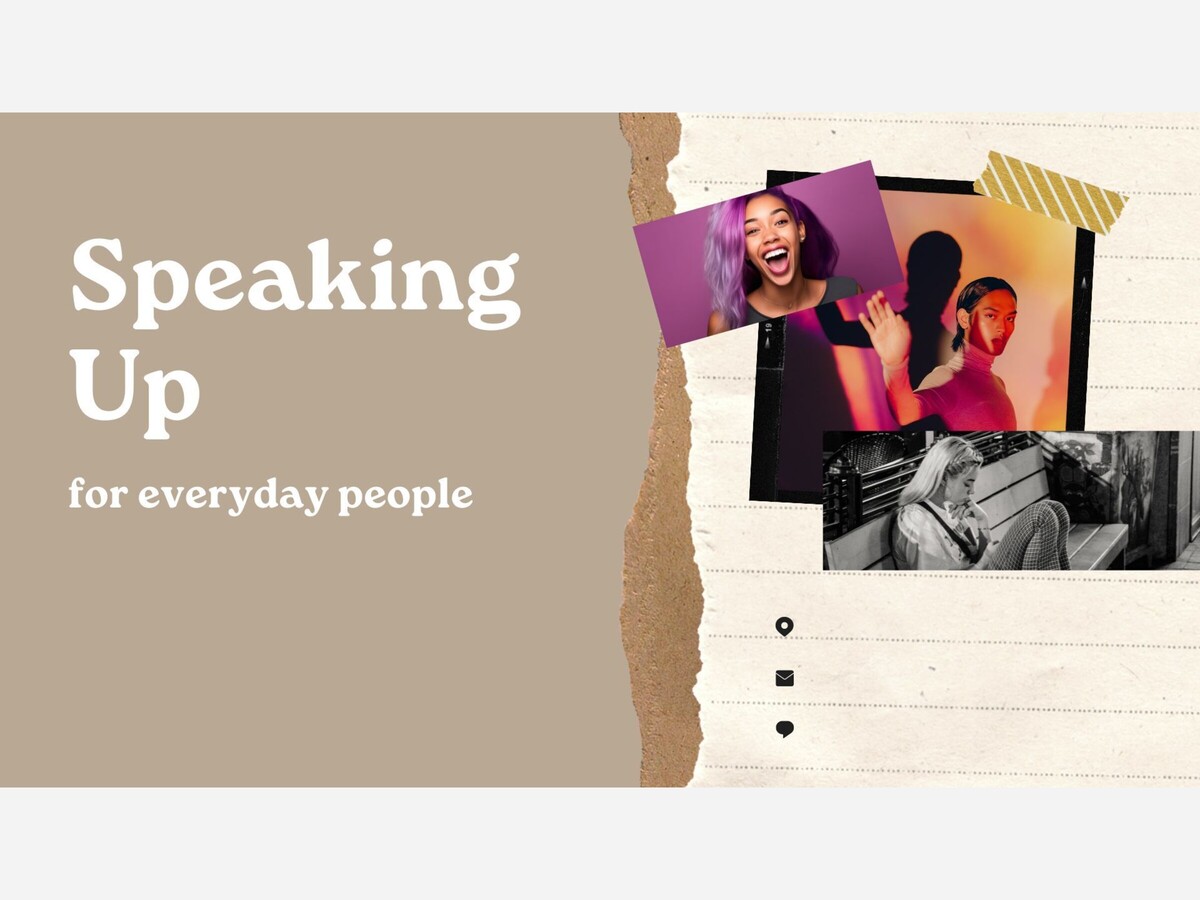Image


In an era marked by unprecedented connectivity and global communication, the landscape of cultural spaces has evolved significantly. The proliferation of social media platforms, the rapid dissemination of information, and the democratization of discourse have together given rise to a paradox: while individuals have more opportunities than ever to voice their opinions and engage in cultural dialogues, the act of holding strong opinions has become a double-edged sword, fraught with challenges and complexities.
The Echo Chamber Effect: Reinforcing Existing Beliefs
One of the key challenges individuals face when expressing strong opinions in cultural spaces is the risk of being confined within echo chambers. The algorithm-driven nature of social media platforms often leads to a reinforcement of preexisting beliefs. When opinions align with those of the majority, they are amplified, creating an illusion of consensus while drowning out dissenting voices. Consequently, individuals might find their views becoming more extreme and less open to alternative perspectives, hindering meaningful and constructive dialogue.
Polarization and Division: Us vs. Them Mentality
The strong opinions expressed in cultural spaces can also fuel polarization and division. The "us vs. them" mentality, exacerbated by the echo chamber effect, can hinder understanding between different groups. In 2023, cultural discourse often turns into a battleground of ideologies, leaving little room for nuance or compromise. The tendency to label opposing viewpoints as inherently wrong or malicious further deepens these divides, making it difficult to find common ground and work towards shared goals.
Cancel Culture and Fear of Backlash
In recent years, the phenomenon of cancel culture has gained significant prominence. Expressing strong opinions that deviate from prevailing norms can lead to swift and severe backlash, with potentially life-altering consequences. The fear of being "canceled" can deter individuals from speaking out, inhibiting the diversity of perspectives that cultural spaces should ideally encompass. This chilling effect not only stifles free expression but also impedes the growth of collective knowledge and understanding.
Emotional Toll and Mental Health Impact
Engaging in cultural spaces with strong opinions can take a toll on an individual's mental health. Online interactions often lack the nuance of face-to-face conversations, leading to misinterpretations, heated debates, and personal attacks. The emotional strain of constantly defending one's beliefs against hostility can contribute to anxiety, stress, and emotional exhaustion. In 2023, the line between healthy discourse and toxic confrontation has become increasingly blurred, making it challenging for individuals to engage without feeling emotionally drained.
The Evolving Notion of Identity
In the rapidly evolving cultural landscape of 2023, the notion of identity has become increasingly complex. Cultural spaces are filled with diverse voices representing a wide range of identities, experiences, and perspectives. Holding strong opinions requires a delicate balance between asserting one's views and recognizing the multiplicity of identities that intersect within cultural discussions. Negotiating this balance can be particularly challenging, as the line between asserting one's opinion and potentially silencing others is often thin and easily crossed.
Conclusion
While expressing strong opinions in cultural spaces can be empowering and contribute to robust discourse, the challenges that accompany this act should not be underestimated. The echo chamber effect, polarization, cancel culture, emotional toll, and the evolving notion of identity all combine to create a landscape in which individuals must tread carefully. In 2023, striking a balance between passionate expression and respectful engagement has become paramount. Navigating these challenges requires a commitment to open-mindedness, empathy, and a willingness to engage in dialogue that transcends the limitations of echo chambers and polarization. Only then can cultural spaces truly fulfill their potential as arenas for rich, diverse, and meaningful conversations.